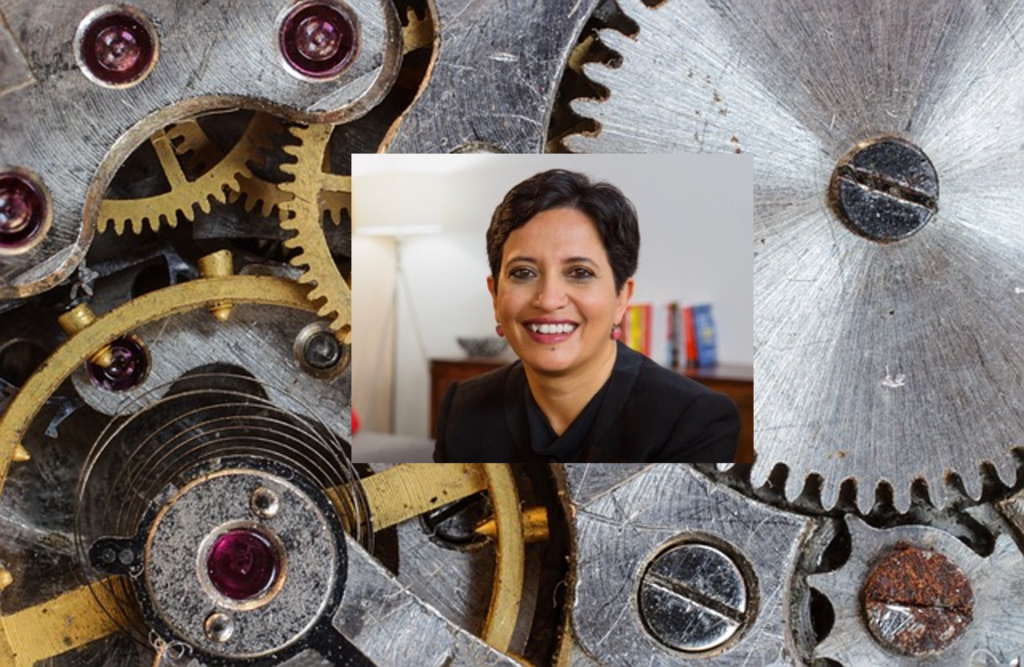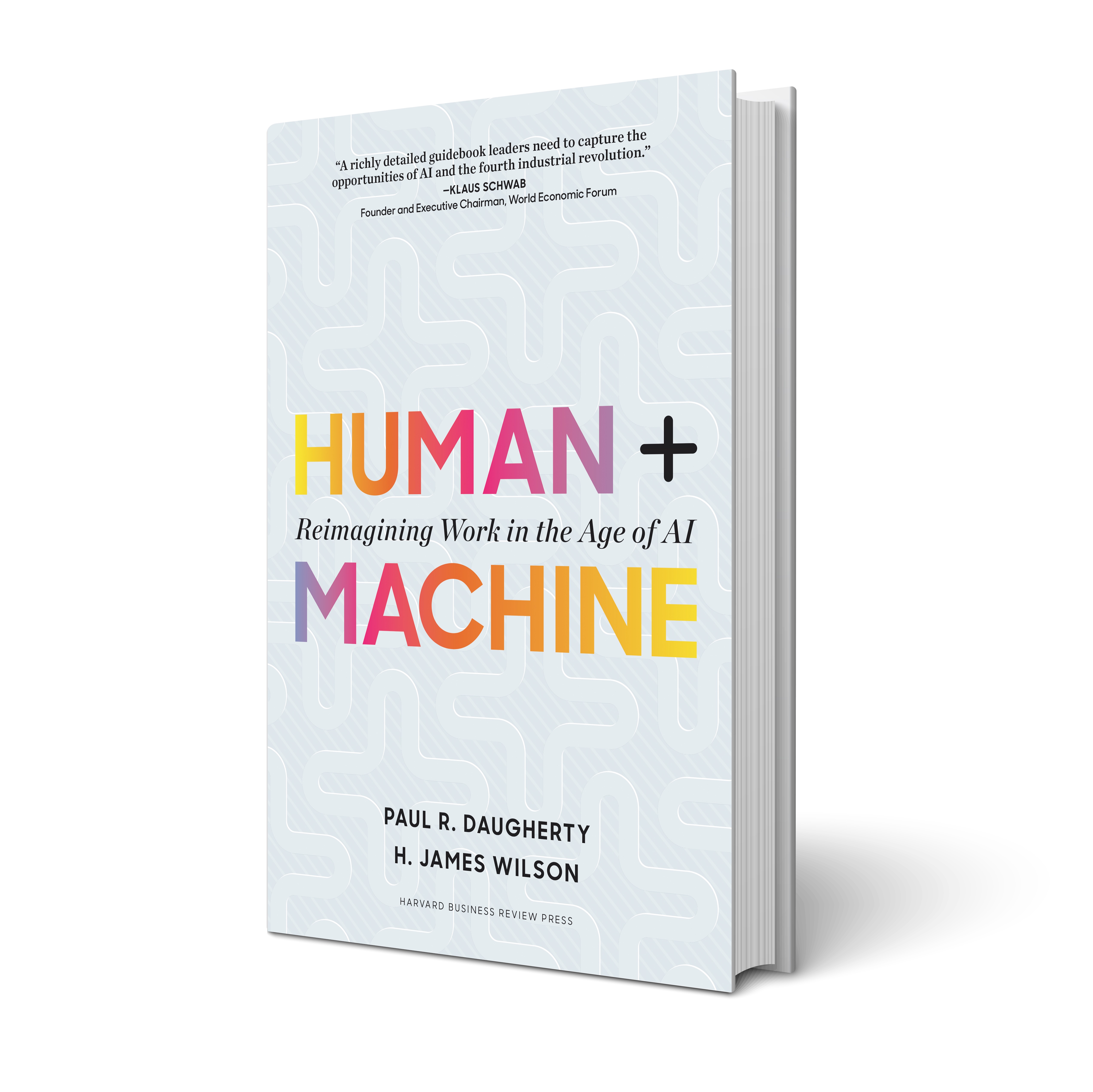Artificial Intelligence
1Mby1M Udemy Courses with Sramana Mitra: Domain Knowledge

At 1Mby1M, we believe in learning from case studies of successful entrepreneurs. These case studies involve discussions on opportunities and challenges specific to the domain such as Generative AI, E-Commerce, Digital Health, Cyber Security, and FinTech.
>>>Thought Leaders in Artificial Intelligence: Grant Ingersoll, CTO of Lucidworks (Part 1)

A fantastic discussion on the future of search, virtual concierges, and so on.
Sramana Mitra: Let’s start by introducing our audience to yourself as well as to the company.
Grant Ingersoll: I’m the CTO and Co-Founder of Lucidworks. I have a background in search, machine learning, and natural language processing. I have been a long-time contributor to the Apache Solar and Apache Lucene search engine projects, which are both open sourced. Then I also wrote a book called Taming Text. We’re focused on solving key problems for people on the customer experience side.
On the retail side, we focus really on how we can help users or consumers, both pre and post sales, to find and engage with companies and their >>>
Featured Videos
Can 1M/1M Help Me Raise Money?
How Does 1M/1M Democratize Entrepreneurship Education?
How Does 1M/1M Democratize Management Consulting?
When Is The Right Time To Join 1M/1M?
Can 1M/1M Help Me With Business Development?
Can 1M/1M Help Me With Market Sizing?
Can 1M/1M Help Me Validate My Product?
Will I Have Private 1-on-1 Sessions In 1M/1M?
How Does 1M/1M Help Entrepreneurs Connect With Silicon Valley?
Mentoring or Consulting?
Why Does 1M/1M Charge $1000 a Year?
Why Does 1M/1M Partner With Local Organizations?
Why Don\’t Mentoring Networks Work?
Why Is It Important To Study With 1M/1M Now?
Dan Stewart Story
Vikrant Mathur Story
How an IT Services Startup Wants to Disrupt Itself in the AI Era: Sanjay Jupudi, CEO of Qentelli (Part 1)

If you haven’t already, please study our Bootstrapping Course and Investor Introductions page.
AI will disrupt outsourcing services companies in a very big way. We talk to Sanjay on how he plans to prepare.
Sramana Mitra: Let’s go back to the very beginning of your personal journey. Tell me where you’re from, where were you born, raised, and in what kind of background. Since this is a co-founder story, it would be great if you could also bring a little bit of Prasanna’s story.
Sanjay Jupudi: I’m from India.
Sramana Mitra: What part of India? >>>
1Mby1M Virtual Accelerator Investor Forum: With Ankit Jain of Gradient Ventures (Part 1)

Responding to a popular request, we are now sharing transcripts of our investor podcast interviews in this new series. The following interview with Ankit Jain was recorded in May 2018.
Ankit Jain is Founding Partner at Gradient Ventures, Google’s AI venture fund.
Sramana Mitra: Let’s introduce you to our audience. Tell us about yourself a bit and introduce us to Gradient Ventures. What is the focus of the fund? How big is the fund?
Ankit Jain: Gradient Ventures is Google’s AI-focused early-stage venture fund. We invest $1 million to $10 million in companies that >>>
October 11 – How To Get AI Startups Off The Ground
AI and Machine Learning startups often face a fair amount of engineering and data challenges, which tends to make it expensive to build the product. It is difficult to build such a company as a lean startup. A natural question that comes to mind is how to get such startups off the ground? This question along with other similar questions will be addressed by speaker Sramana Mitra during this event. Come prepared with your questions and REGISTER HERE.
Thought Leaders in Artificial Intelligence: Steve Scott, CTO of Cray (Part 1)

Steve takes us deep into the field of high performance computing and how AI is impacting it.
Sramana Mitra: Let’s start by having you introduce yourself a little bit as well as Cray’s activities in the domain of AI currently.
Steve Scott: I’m the Chief Technology Officer at Cray. I’ve been with Cray most of my career. I actually was a summer intern here for two years during grad school and have been here ever since except for a three-year walkabout I took a few years back. I went and spent two years as the CTO of the Tesla GPU computing Group at Nvidia and spent a year in the platforms group at Google and then came back in 2014. >>>
Thought Leaders in Artificial Intelligence: John Roese, Global CTO of Dell EMC (Part 1)

John provides a great synthesis of how the AI movement is evolving and where the long-term business building and wealth creation opportunities really are. Also, a great discussion on the jobs of the future.
Sramana Mitra: Let’s start by introducing our audience to yourself as well as to Dell EMC and its work in the realm of artificial intelligence.
John Roese: I’m the Global Chief Technology Officer for Dell EMC. We’re the largest infrastructure technology provider in the world now. It’s a collection of companies from the coming together of Dell and EMC about two years ago. The >>>
Thought Leaders in Artificial Intelligence: Paul Daugherty, CTO and Chief Innovation Officer of Accenture (Part 1)

This interview explores the machine augmented human capabilities of an AI-driven future that we’re marching towards.
Sramana Mitra: I want to double-click down on some of the work that you’ve done in human-machine interaction and where that is going. Where are the new jobs going to be? What would be the types of new jobs? I suggest we start with maybe one or two use cases and double-click on those.
Paul Daugherty: It’s good to be great back on. Last time, we had a fantastic discussion. I’m sure this will be the same. I just wrote a book called Human + Machine: Reimagining Work in the Age of AI. At the heart of it, the plus side illustrates the view >>>
196th 1Mby1M Entrepreneurship Podcast With Ankit Jain, Gradient Ventures
Ankit Jain is Founding Partner at Gradient Ventures, Google’s AI venture fund.
Podcast: Play in new window | Download
Subscribe: Apple Podcasts | Android | Google Play | Stitcher | TuneIn | RSS
Thought Leaders in Artificial Intelligence: Samir Addamine, Founder and Chairman of FollowAnalytics (Part 1)

Have you started thinking about explainable AI yet? Well, you should. Read on for more.
Sramana Mitra: Let’s start by introducing our audience to yourself as well as FollowAnalytics.
Samir Addamine: I have an engineering degree. I studied in France where I was born and raised. I started my first company in 2005, which was a mobile boutique in Paris. I was trying to develop new services on mobile and games on mobile. In 2008, this company started to really take off, thanks to the app stores and the fact that brands were starting to get interested in having a presence in the app stores. >>>
Human + Machine: Reimagining Work in the Age of AI

By Guest Author Paul Daugherty and H James Wilson
Human+Machine: Reimagining Work in the Age of AI is a new book by Paul R. Daugherty and H. James Wilson that discusses how AI gives businesses the power to reimagine and transform their processes. Here is an excerpt from the book, reprinted by permission of Harvard Business Review Press. >>>
